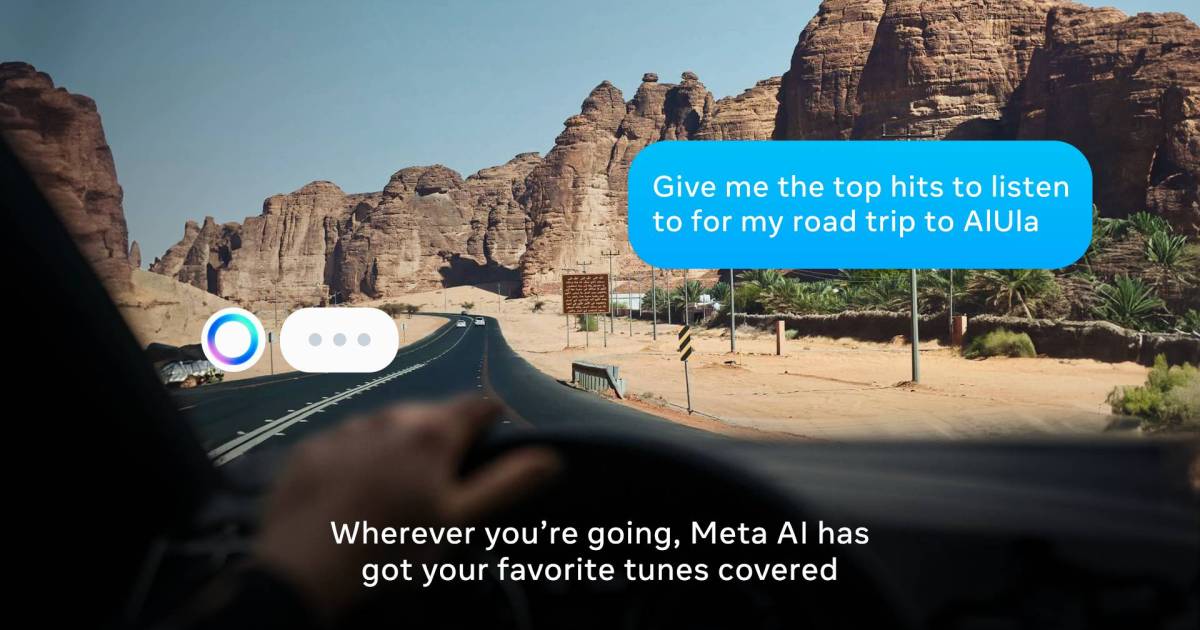Millions of Facebook, Instagram, WhatsApp, and Messenger users throughout the Middle East now enjoy access to Meta’s self-named AI chatbot platform, the company announced on Monday. The chatbot is rolling out to users in Algeria, Egypt, Iraq, Jordan, Libya, Morocco, Saudi Arabia, Tunisia, United Arab Emirates, and Yemen.
“AI just got even more accessible than ever before, as we officially launched Meta AI in the Middle East and North Africa with Arabic capabilities,” Meta wrote in its announcement blog post. At launch, these users will have access to only some of Meta AI’s generative capabilities — specifically, text and image generation, as well as image animation. The company plans to expand those offerings to include simultaneous dubbing for Reels, AI image editing, and the “Imagine Me” feature (which generates a user’s portrait based on uploaded reference photos) in the near future.
Though its AI is not agentic like OpenAI’s Operator system, Meta envisions it serving as a personal assistant in addition to word and image generator. It would, for example, enable users to plan trips through group chat with the chatbot offering destination suggestions and assisting with brainstorming activity ideas. “You will be able to upload an image of the view from your apartment and ask Meta AI to reimagine a whole new world out there,” the company wrote. “Want to envision yourself with a new hair color or style? Meta AI will be your makeover assistant.”
Meta isn’t the only company looking to expand its influence in the Middle East and North Africa. Last week, French AI startup Mistral announced its new Saba model, designed specifically to interact with users speaking Arabic. While the region has not seen the same explosive growth of generative AI that the US and China have recently, the Middle East is expected to benefit greatly from the technology in the coming years. A recent study from PWC anticipates the Middle East will “accrue 2% of the total global benefits of AI in 2030. This is equivalent to US$320 billion.”
Read the full article here















